Within the context of the national working group 'Marine litter' - coordinated by the Marine Environment Service - the VLIZ was asked to make a scientifically substantiated overview of the scientific studies available in 2019 on marine litter and microplastics in Belgian waters. The Belgian marine research landscape on this topic was also mapped out and the marine scientific community was allowed to reflect critically on the research needs. The 33-page study is the result of a close collaboration with various provincial, Flemish and federal knowledge and policy institutions.
For example, the policy informing brief shows that over 90% of the litter on the seabed in the Belgian coastal zone consists of plastic. On the beach, the vast majority of litter (80%) is plastic, which equates to an average of 137 items per 100 running metres of tidal line. Microplastic litter (microplastics) is also abundantly present in the Belgian part of the North Sea, and the first steps are being taken towards routine monitoring. These microplastics can be absorbed by a wide range of organisms and thus enter the body through human consumption. At present, there are no food standards for microplastics, and not enough scientific data are available to estimate the risks for public health.
The list of experts, research projects and international scientific literature shows that research has been carried out in Belgium since 2002 into the presence and possible effects of litter in North Sea waters and beaches. The number of active research institutions working on this theme is growing steadily, with the researchers extending their scope to the freshwater environment.
In 2019, action will be taken on several fronts in the fight against marine litter. The new European Plastics Strategy should significantly reduce the use of disposable plastic. The Flemish and federal authorities also feel clear needs to study and tackle litter and microplastics in the Belgian environment: for example, there are the Flemish action plan of the Public Waste Agency of Flanders, OVAM, and the action plan marine litter at the federal level.
Reference:
Devriese, L.; Janssen, C. (2019). Overzicht van het onderzoekslandschap en de wetenschappelijke informatie inzake (marien) zwerfvuil en microplastics in België. VLIZ Beleidsinformerende Nota's, 2019_001. Vlaams Instituut voor de Zee (VLIZ): Oostende. ISBN 9789492043702. 33 pp. [download here]
Contact VLIZ: Lisa Devriese (lisa.devriese@vliz.be | +32-(0)59-34 14 21)


